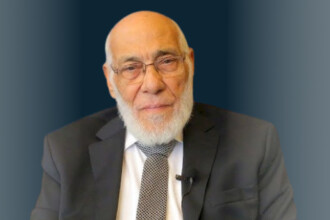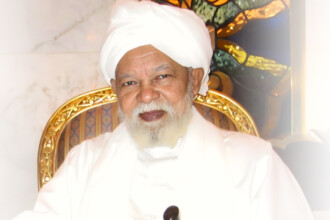Shaykh Dr. Haitham al-Haddad
A small election with historic consequences
We may be about to witness a transformative moment in UK political history; what should Muslims voting in the Gorton and Denton by-election consider?
Condolences on the passing of Shaykh Dr. Yasir Qadhi’s father
A pioneer in the American da'wah sphere has returned to his Lord; may Allah enter him into al-Firdaws.
Condolences upon passing of Dr. Zaghloul al-Najjar
The Egyptian scientist and scholar returned to his Lord on 18 Jumāda al-Ula 1447 / 9 November 2025 at the age of 92.
Doha bombing has only exposed Israel’s war on peace
Israel has no desire to coexist with Muslims; will its attack on Qatar mark a turning point for Muslim nations?
Scholarly debates on politics and polytheism
Shaykh Dr. Haitham al-Haddad and Shaykh Dr. Yasir Qadhi have a frank conversation about politics, power, and polytheism.
Condolences upon passing of Dr. Jaafar Idris
The Sudanese professor, scholar, researcher, and author dedicated his life to furthering the Islamic sciences.
“They both lost” — Palestinian scholar on Iran-Israel
Now that the dust has settled, Shaykh Dr. Haitham al-Haddad discusses the “12 Day War”.
An Islamic legal perspective on the Iran-Israel war
Rightly or wrongly, some people may be asking, "Who should the Muslims support in this ongoing war?"
Advice for those delivering the Eid khutbah
Here are some points khatībs may use for the Eid al-Adha 1446/2025 khutbah; please make takbīr between these points.
Who should avoid cutting hair and nails before Qurbani?
This is a ruling on the cutting of hair and nails for the families of the one offering Qurbani/Udhiyah.











